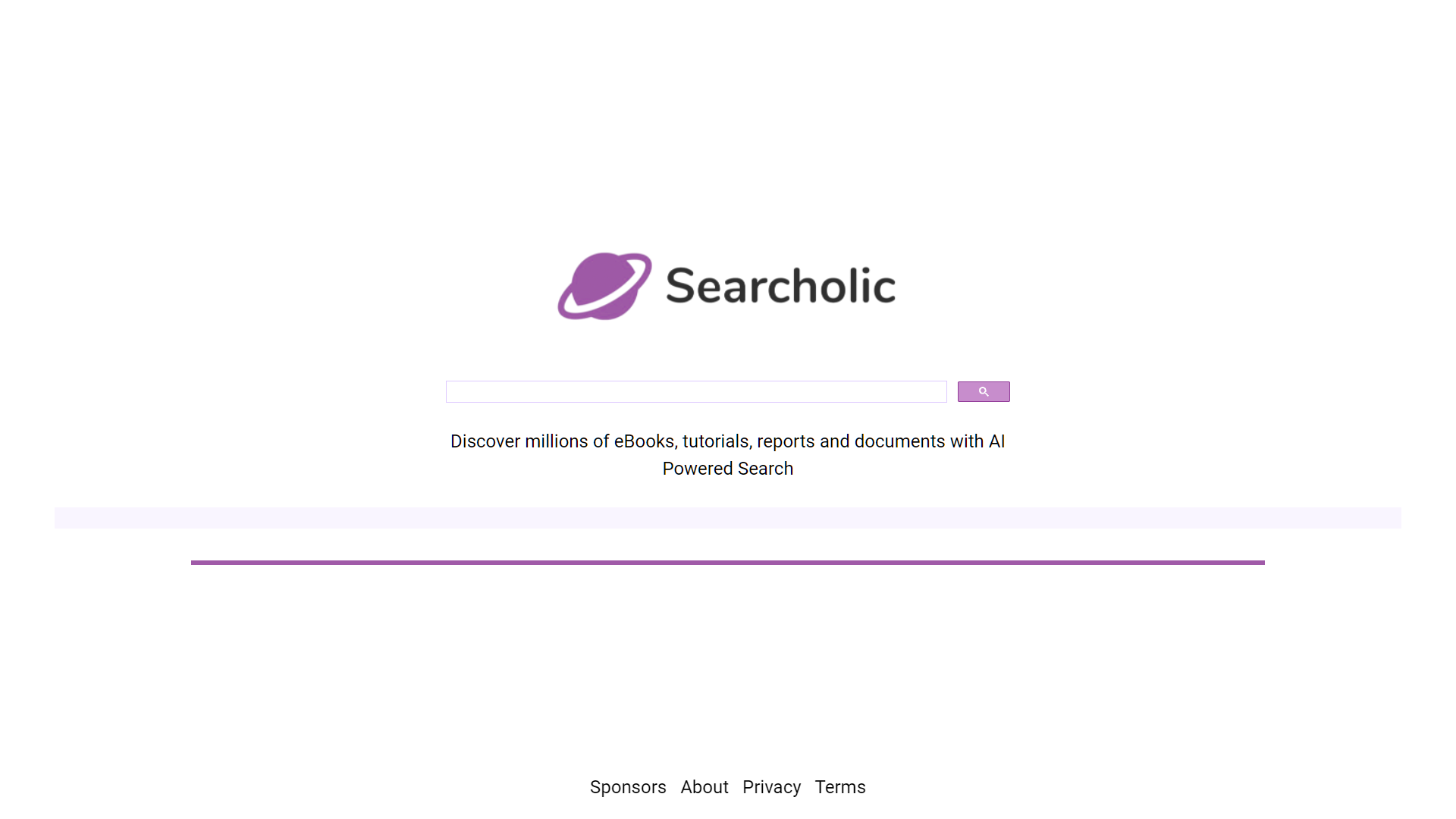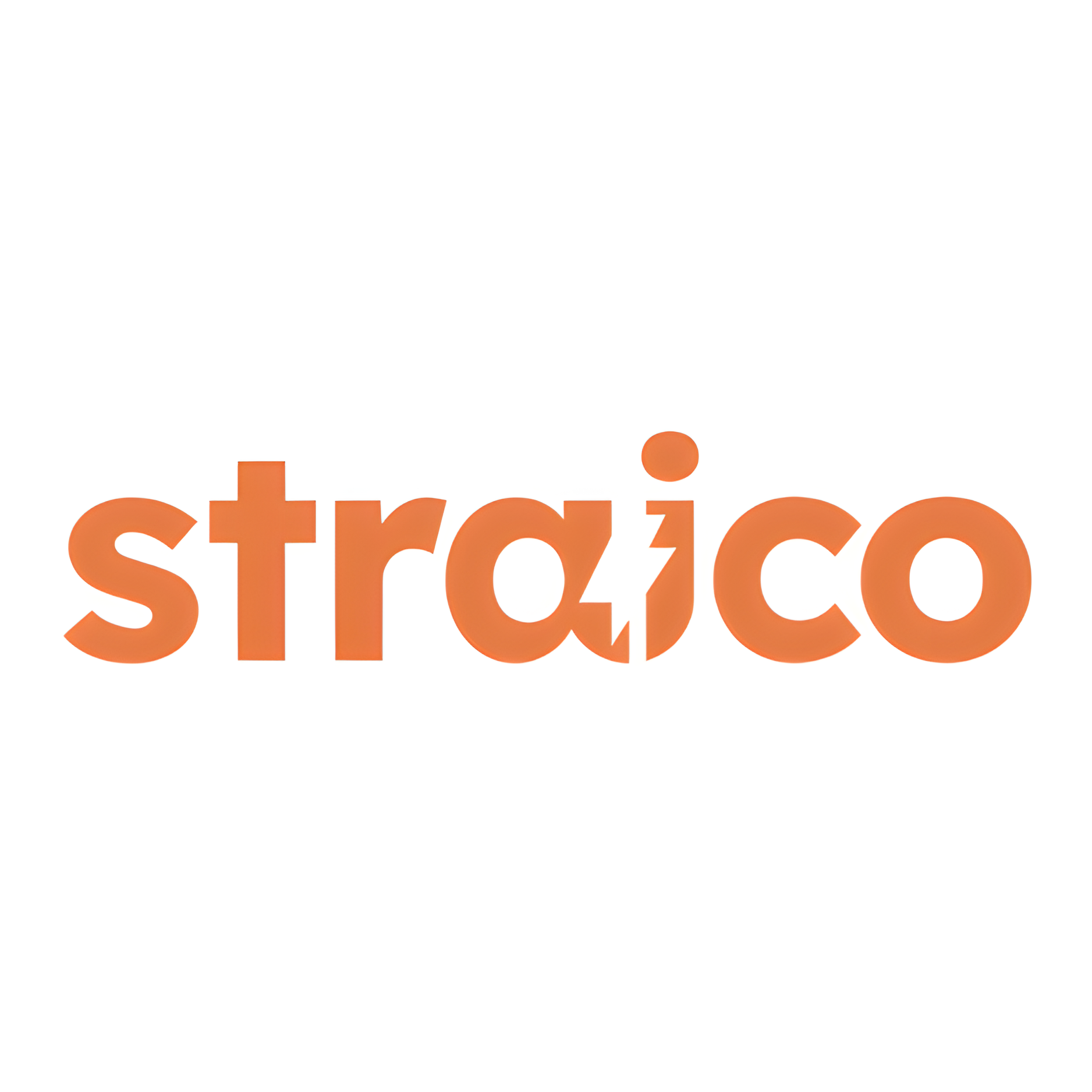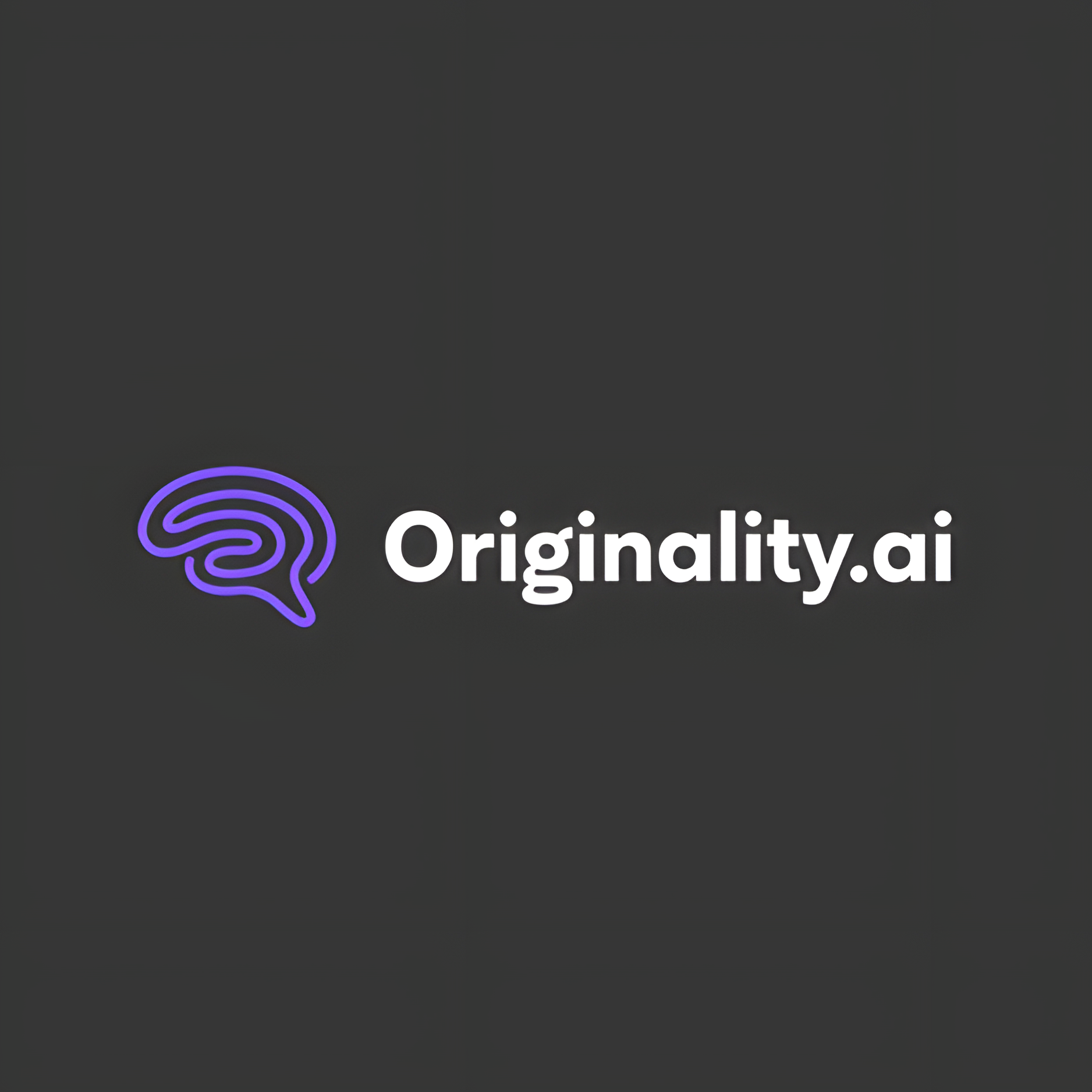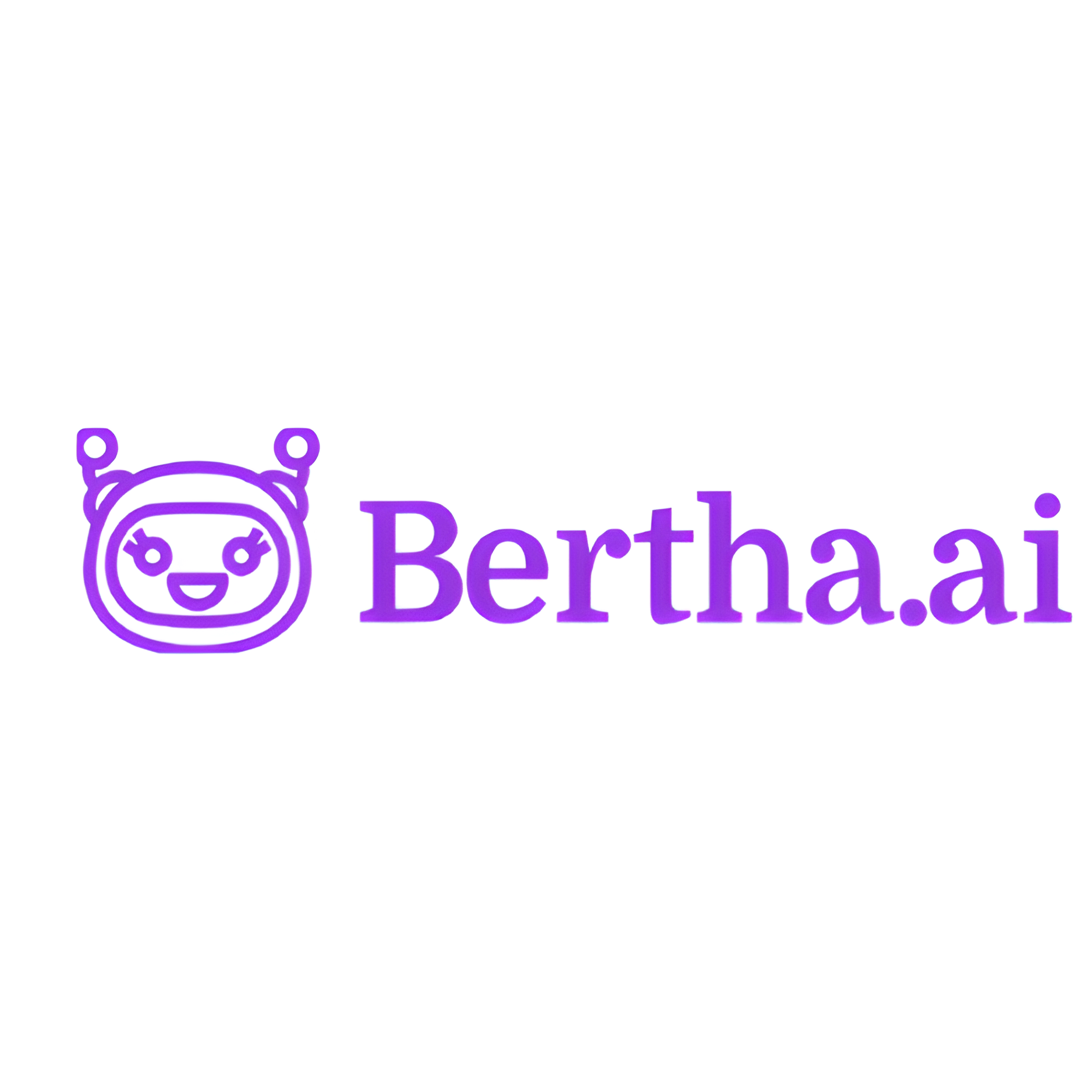Overview
Searcholic is an innovative AI-powered search tool designed to revolutionize the way users access and discover digital content. With a vast repository that includes millions of eBooks, tutorials, reports, and documents, Searcholic caters to a diverse range of interests and academic needs. The platform's standout feature is its advanced search functionality, which leverages artificial intelligence to sort and present search results by relevance, ensuring that users can quickly find the most pertinent information.
The user experience on Searcholic is further enhanced by the use of cookies, which help in personalizing the browsing experience, maintaining user preferences, and improving site navigation. For those concerned about privacy and data usage, the website provides comprehensive details in its privacy section and outlines user rights and responsibilities in the terms of use.
Additionally, Searcholic supports its service through various sponsorships, details of which can be found on the site. This sponsorship does not interfere with the integrity of the search results, maintaining an unbiased and user-focused service. Whether for academic research, personal exploration, or professional use, Searcholic offers a powerful tool for efficient and targeted information discovery.
Key features
- AI-driven search: Utilizes advanced artificial intelligence to enhance search accuracy and relevance across a vast database of digital content.
- Relevance sorting: Allows users to filter search results by relevance, ensuring the most pertinent documents are easily accessible.
- Extensive library access: Provides access to millions of eBooks, tutorials, reports, and documents, catering to a wide range of interests and fields.
- User experience optimization: Employs cookies to remember user preferences and improve site navigation and usability.
- Privacy assurance: Includes detailed privacy policies and terms of use to protect user data and ensure transparency in data handling.
- Sponsorship information: Offers insights into partnerships and sponsorships, enhancing transparency and trust with users.
 Pros
Pros
- Real-time updates: Continuously updates the database to include the latest publications and documents, ensuring users have access to the most current information.
- Multi-language support: Offers search capabilities in multiple languages, making it accessible to a global audience and enhancing user inclusivity.
- Customizable search filters: Allows users to refine searches with custom filters such as date range, document type, and source, making information retrieval more precise.
- Interactive content previews: Provides snippets and previews of documents within search results, enabling users to quickly assess the relevance of content before accessing it.
- Secure access: Implements robust security measures to safeguard the integrity of searches and protect against unauthorized access to sensitive information.
 Cons
Cons
- Complex interface: The advanced features and extensive options can be overwhelming for new users, leading to a steep learning curve.
- AI bias potential: The AI-driven search may inadvertently reflect biases present in the training data, affecting search fairness and accuracy.
- Cookie dependency: Reliance on cookies for user experience optimization may raise concerns for users sensitive about their online privacy and data tracking.
- Information overload: The vast amount of accessible content might make it difficult for users to quickly find the most relevant information without extensive filtering.
- Generic user engagement: The focus on optimizing user experience through cookies might not cater to the specific needs or preferences of all individual users.

















